Curious Counters • 2018 • episode "S4E4" • Natural Curiosities
Can animals count? This is a question that has intrigued and fooled investigators for a long time. Just over 100 years ago, a German horse called Hans was declared a mathematical genius but all was not as it seemed. And strangely, some bamboos around the world flower exactly at the same no matter where they are. Are they counting down the years?
Make a donation
Buy a brother a hot coffee? Or a cold beer?
Hope you're finding these documentaries fascinating and eye-opening. It's just me, working hard behind the scenes to bring you this enriching content.
Running and maintaining a website like this takes time and resources. That's why I'm reaching out to you. If you appreciate what I do and would like to support my efforts, would you consider "buying me a coffee"?
Donation addresses
BTC: bc1q8ldskxh4x9qnddhcrgcun8rtvddeldm2a07r2v
ETH: 0x5CCAAA1afc5c5D814129d99277dDb5A979672116
With your donation through , you can show your appreciation and help me keep this project going. Every contribution, no matter how small, makes a significant impact. It goes directly towards covering server costs.


















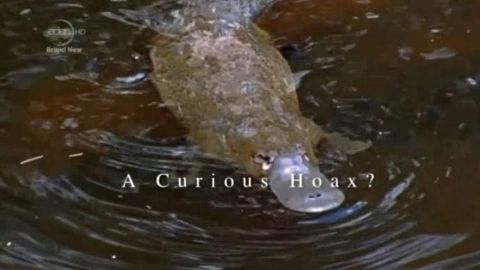


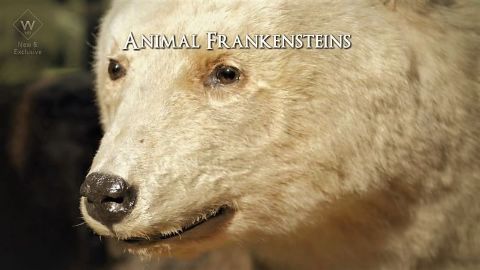
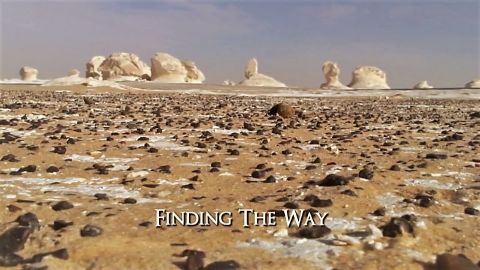
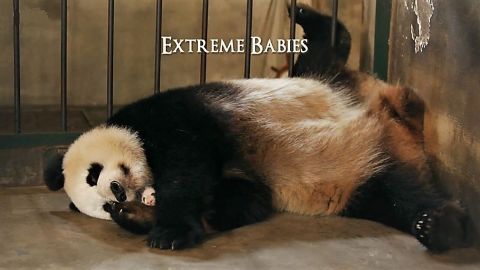
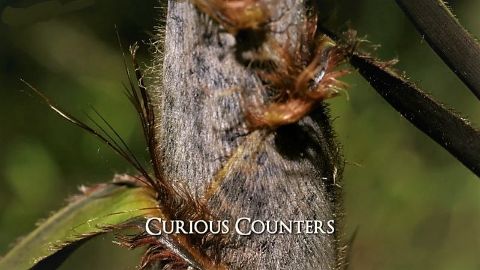
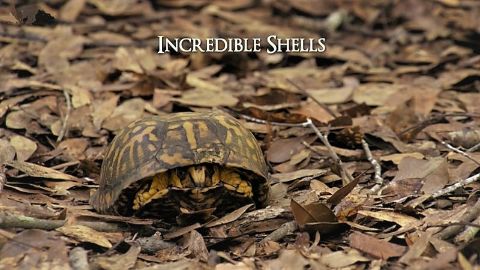
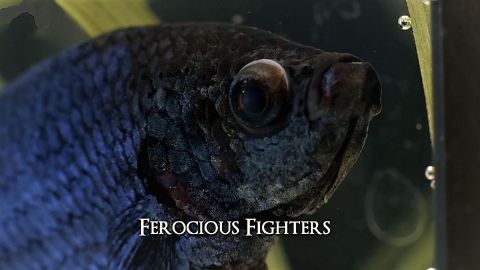



![Making Waves [Making of]](https://ihavenotv.com/img/12214.jpg)

